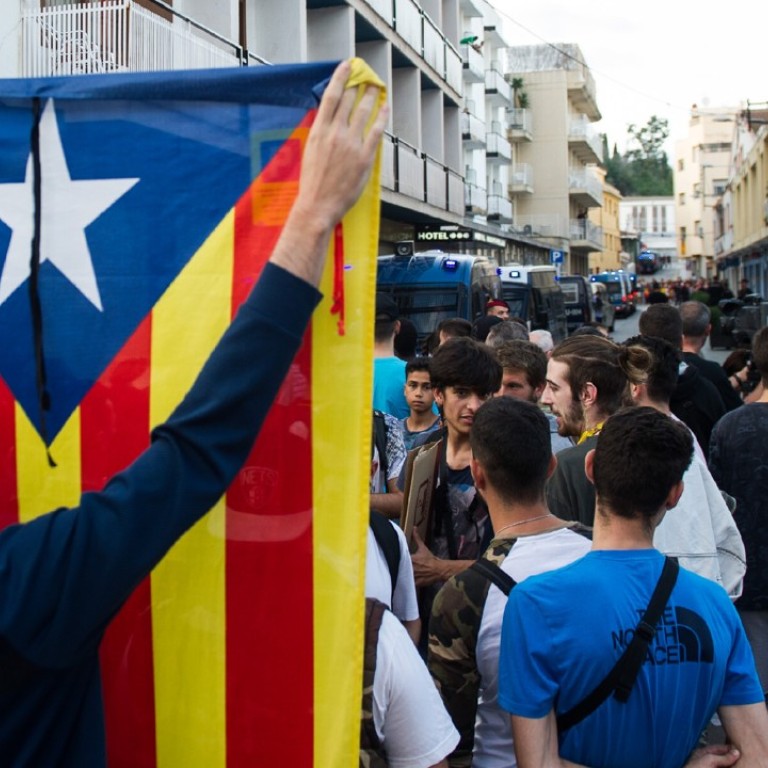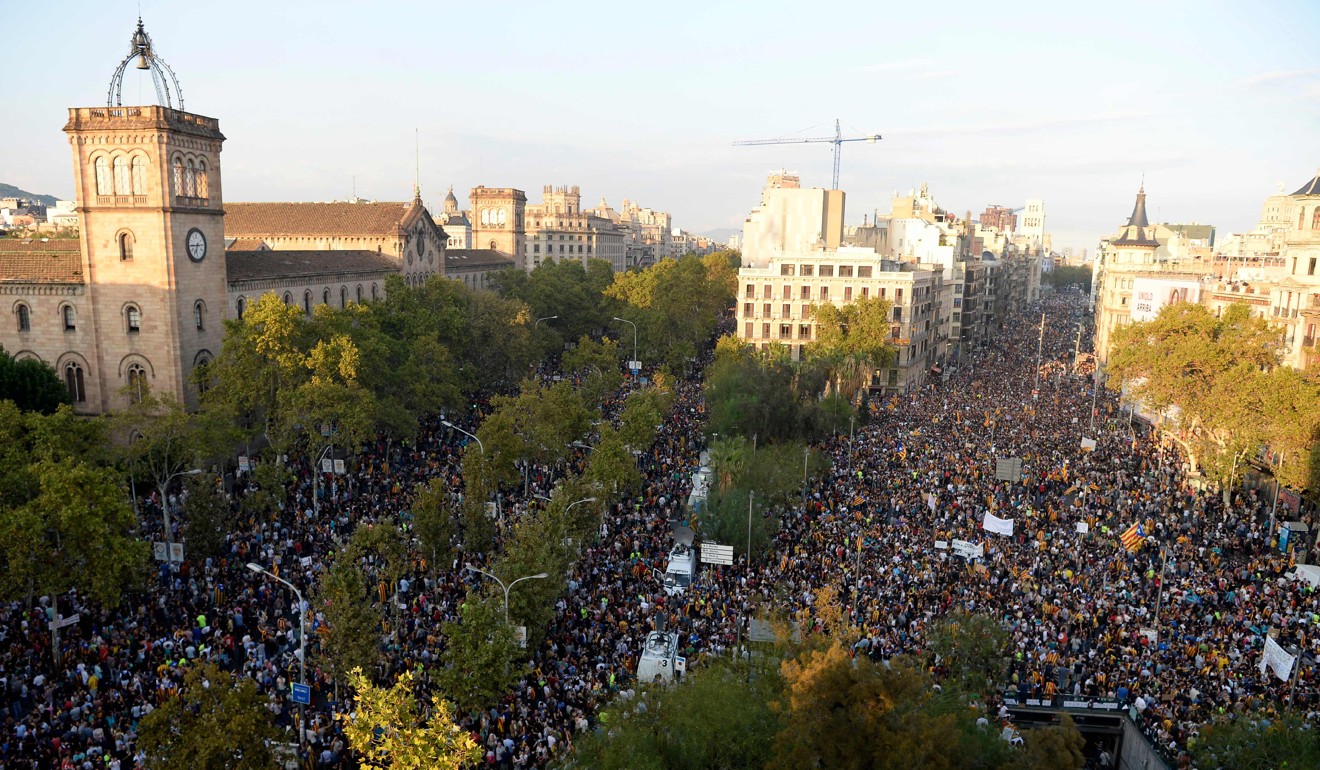
Reason must prevail in crises following illegal referendums
Turmoil in independence-seeking areas of Spain and Iraq could have been avoided through negotiations, although constitutions can never be ignored
Crises in Spain and Iraq over illegal referendums in independence-seeking areas could have been avoided. National and regional governments should have been discussing frustrations and looking for solutions. Instead, there has been violence and intimidation and the foundations of democracy are threatened. The only hope for ensuring calm and stability are talks grounded in mutual respect and a willingness to admit mistakes and find ways to overcome them.
But the laws of the land are also clear on separatism, determining that votes like those in Catalonia on Sunday and Iraq’s Kurdish region last week are illegal. Such legislation is essential for the unity and stability of a nation, which is why authorities, judges and foreign governments were so worried.

Madrid was right to try to stop the referendum but, in some areas, police used excessive force to make arrests and seize ballot boxes. The ugly images of people being pulled by their hair and an injury toll of more than 900 have tarnished Spanish Prime Minister Mariano Rajoy and strengthened the hand of his rival, Catalan President Carles Puigdemont. The “yes” vote for independence was more than 90 per cent, although just over 40 per cent of the electorate cast ballots. Catalonia has a distinctive language and culture and is Spain’s wealthiest region and some Catalans complain the central government treats them unfairly. But under the 1978 constitution, like some other regions, they already had a large measure of autonomy and talks were always an option to deal with grievances.

Constitutions can never be ignored; provisions have to be respected and upheld. Fragmentation can take root and spread, which is why the European Union is so closely watching events in Spain and Iraq. Reason and dialogue have to prevail so that potentially dangerous situations can be peacefully resolved.

